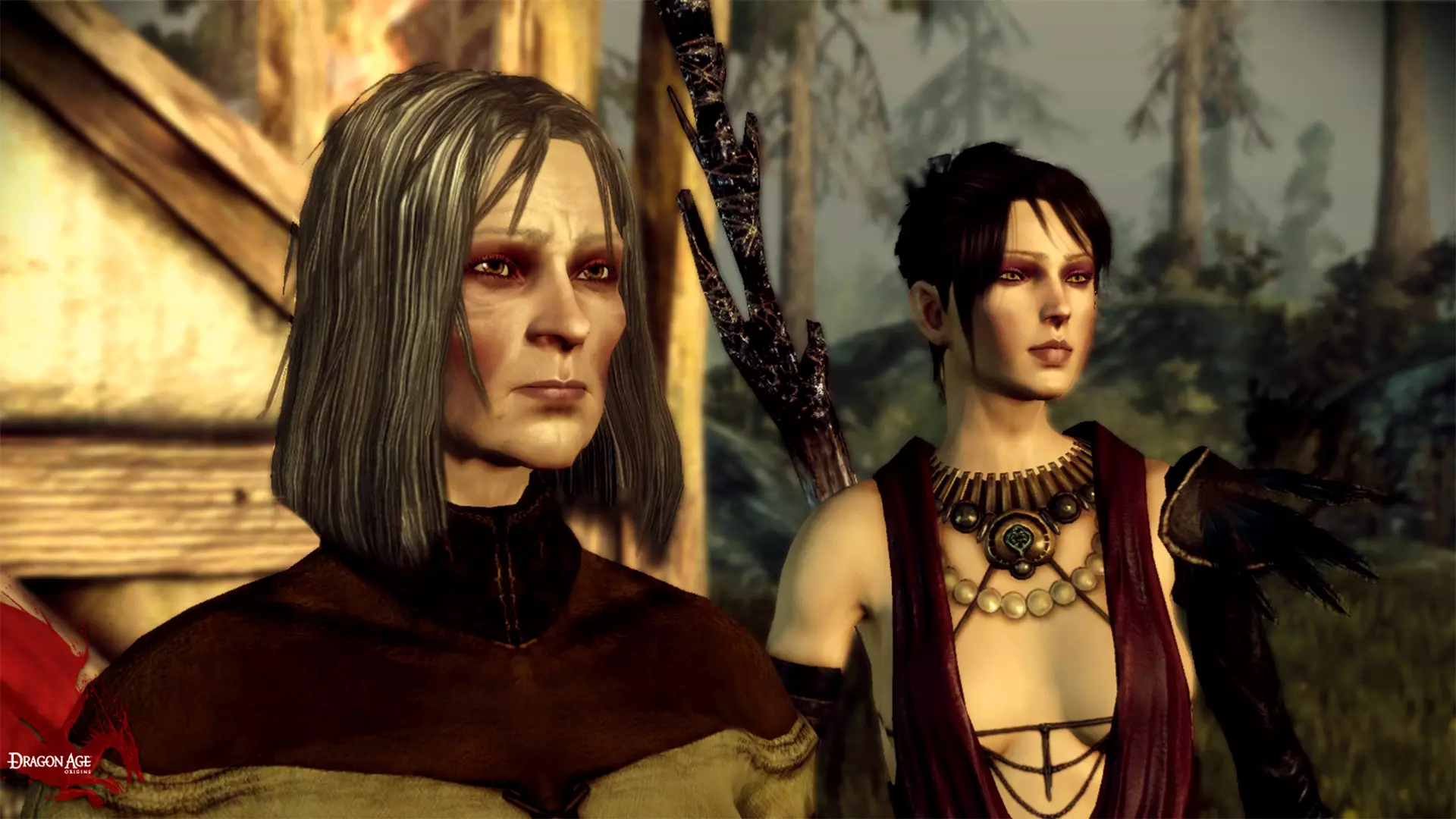The realm of role-playing games (RPGs) has long been defined by intricate narratives and character relationships, culminating in a growing discourse around romance mechanics. One significant voice in this dialogue is David Gaider, the narrative lead behind several iconic titles such as Dragon Age: Origins, Dragon Age 2, and Dragon Age: Inquisition. Gaider advocates for a more nuanced approach to romance within these games, suggesting that the player-sexual model, where all characters are available for romantic involvement regardless of gender, can hinder character depth and storytelling richness.
The recent resurgence of romance mechanics in RPGs, exemplified by Baldur’s Gate 3, has reignited debates within the gaming community. In a landscape where every party member is presented as a viable romantic option, players are faced with a choice: do they prefer the fantasy of being able to pursue anyone, or do they find greater satisfaction in the complexities of more realistic interactions, where not every character is a potential romantic partner? Gaider points out that this creates a divide among players. Some appreciate the liberating nature of player-sexuality, while others long for the authenticity that comes with unreciprocated feelings and the challenge of earning a character’s trust.
The Double-Edged Sword of Player-Sexuality
The concept of player-sexuality, while appealing, invites scrutiny regarding its implications for character development. Gaider articulates that this gameplay feature does not reflect any true sexual orientation but serves as a mechanic that enables romantic encounters across the board. This approach may initially seem liberating, yet it risks reducing well-crafted characters to mere repositories of romance options. When every character can reciprocate love, their individual motivations and arcs might be overshadowed, transforming potentially intricate narratives into predictable dynamics centered solely around romantic outcomes.
Moreover, Gaider’s critique highlights how the prevalence of player-sexuality can limit storytelling potential. By design, characters engineered to be endlessly available for romance must possess a narrative framework that permits such fluidity. This can lead to a scenario where the storyline is overly focused on romantic entanglements, potentially sacrificing the development of rich, individual character arcs. A well-rounded RPG character, in Gaider’s view, should possess their own wants, needs, and boundaries—elements that are often compromised for the sake of broad player appeal.
Character Relationships: More Than Just Romance
At the heart of Gaider’s philosophy is the belief that character relationships should encompass more than just romantic avenues. He argues for characters who aren’t merely vehicles for romance but are agents of their own desires, conflicts, and goals. Gaider envisions a game world where characters might possess rivalries, trust issues, or differing priorities that reflect complex human relationships. This not only deepens character development but creates a richer gameplay experience, offering players the chance to forge genuine connections—be they platonic, antagonistic, or romantic.
In this light, the authenticity imparted to character interactions can lead to an emotionally resonant narrative—one where the player must navigate the intricacies of human relationships as they unfold naturally. Gaider’s vision resonates strongly with players who value depth over breadth, craving storylines that evoke emotional responses rather than just offering another romantic conquest. He underscores the significance of establishing connections that reflect the spectrum of human interactions, where romance exists but isn’t the sole focus.
The Challenge of Meeting Diverse Player Expectations
Navigating the varied expectations of the player base presents an ongoing challenge for developers. Gaider acknowledges the difficulties in catering to both camps—those who prioritize romantic freedom and those who desire the depth of selective romantic interactions. This struggle exemplifies a broader issue within the gaming industry: how to balance player agency with narrative integrity.
Gaider’s reflections highlight the essence of great storytelling in RPGs—the ability to challenge players emotionally while providing agency in their choices. As developers continue to explore the terrain of romance mechanics, the onus is on them to craft authentic character experiences that honor both the individual journeys of the characters and the diverse preferences of the players.
The discourse surrounding romance in RPGs is far from over, and Gaider’s insights illuminate an essential aspect of character-driven storytelling—a reminder that depth, complexity, and authenticity remain invaluable in an evolving gaming landscape.

